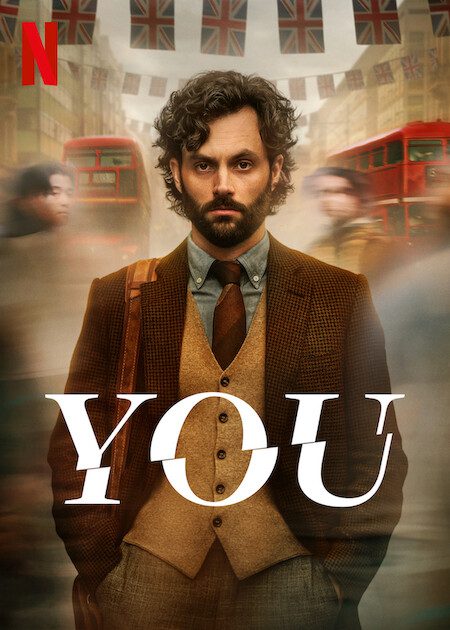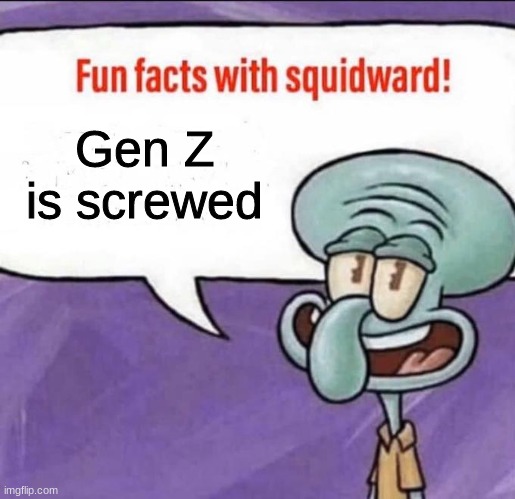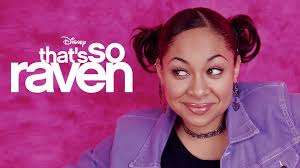
1) Five Nights at Freddy’s (2023)
The filmadaptation of the popularhorror‑video‑gamefranchise generated significant hype, given the size of the built‑in fanbase. On paper it had promise creepy animatronics, a familiar haunted‑pizza‑parlor setting, and the fame of the source material. However, many critics and game fans felt it failed to deliver on what made the games special. The major criticisms: the scares were weak and predictable; the plot was muddled and overburdened with backstory rather than embracing simple, visceral tension; characters were underdeveloped and the film couldn’t decide if it was a psychological horror or a teen drama. On Rotten Tomatoes it has a low critic score (33%). Online fans chimed in “The poorly written screenplay kills any attempts to be scary and offers little to engage with. Its handling of the lore is questionable, and the characters are underdeveloped.” So, even though it made a decent box‑office for its budget, the gap between expectation terrifying animatronics and lore and delivered product (mild scare, heavy fluff) made it a major let‑down.

2) A Minecraft Movie (2025)
This adaptation of the enormously popular sandbox game had huge expectations: big budget, big names (Jack Black, Jason Momoa), and a massive audience of players familiar with the source material. But the critical reception pointed to major problems: while box office records were being set for a video‑game adaptation, reviewers argued the film was shallow, commercial, and lacking in the spirit of what made Minecraft compelling. For example, the Rotten Tomatoes score is around 47%. Rotten Tomatoes Reddit commentary illustrated the dismay “They didn’t portray the experience or feeling of playing Minecraft at all… literally all they had to do was write an interesting story where the tension … comes from the mechanics of the game … It would have been much more fun to watch a movie about someone trying to survive and beat the game…” The mismatch: fans wanted a movie that captured Minecraft’s spirit of exploration and emergent risk but got instead a scripted “portal to another world” adventure. The let‑down lies in the creative direction rather than purely box office failure.

3)Napoleon (2023)
Ridley Scott’s epic about Napoleon Bonaparte had all the trappings of a major prestige film: star Joaquin Phoenix, sweeping battle sequences, big budget. Yet the reception was mixed. Critics praised visuals but said the film lacked emotional engagement and narrative cohesion “The screenplay … doesn’t sew a thread strong enough to hold all the big‑bang action pieces together.” Rotten Tomatoes fans were harsher, “Everything about the politics and intrigue … is tinged with this sour accent of millennial cynicism and goofiness. He is made to look unbelievably pathetic and pitiful. “The ambition was high, but many felt the execution didn’t match an epic that delivered spectacle but left viewers wanting emotional clarity or purpose. That disconnect caused it to be viewed as a let‑down relative to the hype.

4) Joker: Folie à Deux (2024)
The sequel to the critically acclaimed Joker (2019) carried massive expectations. Instead, it became widely regarded as an underwhelming follow‑up. Critics gave Rotten Tomatoes a score of 31%. Rotten Tomatoes’ complaints about the tone shifted dramatically in ways that alienated fans; the plot felt aimless, the runtime long, the marketing arguably misleading. US News Per Reddit posts echoed this “I got a troubled woman falling for a troubled man… instead of what I expected. The musical numbers make any seriousness evaporate because this divergence is what fans expected (a gritty character study) and the perceived mis match between form and content; the film ranked as a major disappointment.

5) Borderlands (2024)
The Borderlands film, based on the beloved looter-shooter video game franchise, was expected to capture the zany, chaotic energy of the source material. Instead, it landed with a thud. Viewers and critics alike felt the movie completely missed the tone of the games. The humor fell flat; characters felt like parodies of themselves, and the visual effects (which should have been bold and stylized) were poorly executed. Fans were especially upset that the world of Pandora so rich in lore, satire, and insanity was made generic. Many fans complained it felt like a low effort to cosplay fan film rather than a proper adaptation. The script reportedly went through multiple rewrites, and test screenings were negative. The general audience reaction: “This is not the Borderlands we know.”

6) The Flash (2023)
The Flash had all the ingredients for success: a popular character, Michael Keaton returning as Batman, multiverse crossovers, and a massive budget. But it turned into one of DC’s most controversial and disappointing films. First, audiences slammed overuse of ugly, unfinished looking CGI, especially in the final act. Critics also called the tone inconsistent shifting jarringly between slapstick comedy and emotional drama. The movie also suffered from the real-life controversies surrounding Ezra Miller, which alienated some viewers before it even hit theaters. Many fans felt it wasted the potential of the multiverse concept. Instead of exciting character arcs or emotional payoffs, it was full of nostalgia bait and nonsensical cameos that didn’t serve the story. In the end, most people walked away feeling confused or let down not move or thrilled.

7)The Marvels (2023)
This sequel to Captain Marvel and continuation of the Marvel Cinematic Universe was expected to be another billion-dollar hit. But it became one of the lowest-grossing MCU movies ever, and many blamed franchises for fatigue, poor marketing, and weak writing. Fans and critics noted that the plot felt rushed; the villain was underdeveloped, and the characters, especially Monica Rambeau and Ms. Marvel, weren’t given enough time to shine. The tone tried to be quirky and fun but often came off as forced. Many said it felt more like a Disney+ series episode than a theatrical Marvel film. Some long time Marvel fans also felt the stakes were unclear, and the multiverse storyline was confusing. The result, while not a terrible movie on its own, it just didn’t meet expectations especially for an MCU project.

8) Kraven the Hunter (2024)
As another attempt by Sony to expand its “Spider-Man villain” universe (after Morbius), Kraven the Hunter failed to catch on. Audiences found the character flat, the plot dull, and the action uninspired. People were frustrated by how the movie turned Kraven a brutal, strategic villain from the comics into a watered-down antihero with a forgettable origin story. Critics also complained about the predictable plot and lifeless direction. On Rotten Tomatoes, it was one of the lowest-rated comic book movies of the year. Fans were also tired of Sony’s ongoing trend of making spin-offs about Spider-Man side characters without Spider-Man. Many walked out of the theater wondering: Why was this even made?

9) Furiosa: A Mad Max Saga (2024)
As a prequel to the critically acclaimed Mad Max: Fury Road, Furiosa had huge expectations. Directed again by George Miller and starring Anya Taylor-Joy, it aimed to show the backstory of one of Fury Road’s most beloved characters. While critics generally praised the action and world-building, many audiences were underwhelmed by the pacing and storytelling. Unlike Fury Road, which was nearly non-stop chaos and intensity, Furiosa took a slower, more episodic approach. This disappointed fans who expected the same adrenaline-fueled spectacle. Some viewers also felt the emotional arc of Furiosa didn’t land as strongly as it should have. The film did fine critically, but many fans left the theater saying, “It wasn’t bad, but it wasn’t as good as I hoped.” For a franchise that’s known for reinventing action cinema, being merely “pretty good” was a let-down.

- Megalopolis (2024)
Francis Ford Coppola’s long-dreamed project decades in the making and self-financed for over $100 million turned into one of the biggest artistic and financial misfires of the year. While some praised its ambition and visuals, most critics and viewers found it confusing, bloated, and inaccessible. The story was hard to follow, the characters didn’t connect emotionally, and the style-over-substance approach alienated casual moviegoers. Even many art film lovers found it indulgent. Given Coppola’s legendary status (The Godfather, Apocalypse Now), fans expected a visionary masterpiece. Instead, they got something many described as “a weird fever dream without narrative structure.” It’s extremely low box office (barely recouping even a fraction of its budget) cemented its place as one of the most disappointing passion projects in recent memory.









